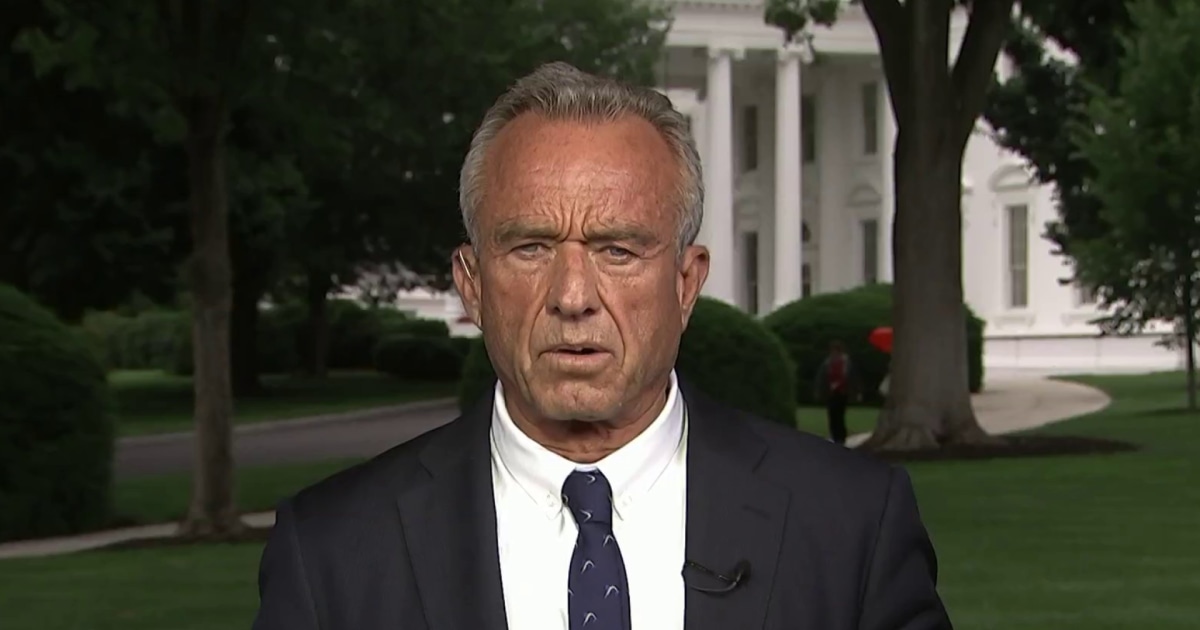Knowledge is tested by experience. Experience generates new knowledge. This cycle — the basis for Learning Health Systems (LHS) and implementation science — is a powerful wheel that can transform health care delivery.
“We have our work cut out for us,” said Sunil Kripalani, MD, MSc, Vice President for Health System Sciences at Vanderbilt University Medical Center, in opening the sixth annual Vanderbilt LHS Symposium on May 13.
“Research is often not translated into practice,” said Kripalani, who also directs the Vanderbilt Center for Health Services Research. “Patients receive only 50% of recommended care.” As the pace of discovery accelerates, “the problem is only getting worse. We can’t keep up in terms of what we’re implementing into practice.”
 Northwestern University implementation scientist Rinad Beidas, PhD, left, was the keynote speaker at the LHS Symposium hosted by Sunil Kripalani, MD, MSc, director of the Vanderbilt Center for Health Services Research. (photo by Susan Urmy)
Northwestern University implementation scientist Rinad Beidas, PhD, left, was the keynote speaker at the LHS Symposium hosted by Sunil Kripalani, MD, MSc, director of the Vanderbilt Center for Health Services Research. (photo by Susan Urmy)The tools of social science and “behavioral economics” — understanding and motivating human behavior — can help, said the symposium’s keynote speaker, Rinad Beidas, PhD, an internationally known implementation scientist at Northwestern University Feinberg School of Medicine in Chicago.
For example, health officials in Stockholm, Sweden, wanted to encourage subway commuters to use the stairs instead of the escalator. So, they painted a huge piano keyboard onto the staircase, and — voilà — more travelers were soon traipsing up and down the piano keys.
“Human behavior — within organizational and system constraints — is really the final common pathway for transforming health,” said Beidas, who chairs the Department of Medical Social Sciences at Northwestern.
In two panel discussions during the symposium, VUMC experts described ways to “scale-up and spread” the impact of Learning Health Systems, and the importance of patient-centered research.
A poster session featuring more than 30 research projects preceded the program. Catherine Deffendall, MD, a clinical fellow in rheumatology and immunology, won the “People’s Choice Award” for best poster for her group’s project, titled “Improving continuity of care in the Nashville General Hospital Rheumatology Clinic.”
Robert Becker, MS, a graduate student in Biomedical Informatics, and Brooke Looney, PharmD, CSP, specialty pharmacist at the Vanderbilt-Ingram Cancer Center, also won awards for their groups’ posters.
Molly Knostman, PharmD, MHA, executive director of Inpatient Pharmacy Operations at Vanderbilt University Hospital, received the Best Operational Partner award for her contributions to improving medication safety.
The symposium, which was held in the Vanderbilt Engineering and Science Building, was sponsored by the Center for Health Sciences Research, the VICTR Center for Learning Healthcare, the RAPID-LHS Center and the VETWISE-LHS Center.









 English (US) ·
English (US) ·